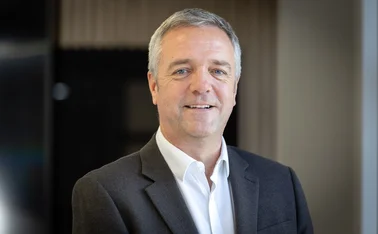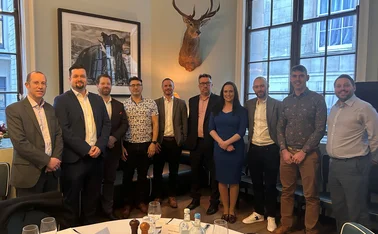In-Depth: Digital messaging – how can brokers use digital marketing to build a brand and customer base?

As digitalisation turns from lip service to concrete solutions, brokers are expected to keep pace with the rest of the industry.
Sponsored byHowever, brokers don’t have the budgets of large insurers and will have their list of challenges to overcome as they integrate technology into their businesses.
This becomes even more complicated as brokers try to harness an ever-increasing number of digital channels to engage and strengthen relationships with new and existing customers. Pádraig Floyd investigates.
Know your customer“You can use various digital channels to target clients –
Only users who have a paid subscription or are part of a corporate subscription are able to print or copy content.
To access these options, along with all other subscription benefits, please contact info@insuranceage.co.uk or view our subscription options here: https://subscriptions.insuranceage.co.uk/subscribe
You are currently unable to print this content. Please contact info@insuranceage.co.uk to find out more.
You are currently unable to copy this content. Please contact info@insuranceage.co.uk to find out more.
Copyright Infopro Digital Limited. All rights reserved.
As outlined in our terms and conditions, https://www.infopro-digital.com/terms-and-conditions/subscriptions/ (point 2.4), printing is limited to a single copy.
If you would like to purchase additional rights please email info@insuranceage.co.uk
Copyright Infopro Digital Limited. All rights reserved.
You may share this content using our article tools. As outlined in our terms and conditions, https://www.infopro-digital.com/terms-and-conditions/subscriptions/ (clause 2.4), an Authorised User may only make one copy of the materials for their own personal use. You must also comply with the restrictions in clause 2.5.
If you would like to purchase additional rights please email info@insuranceage.co.uk







